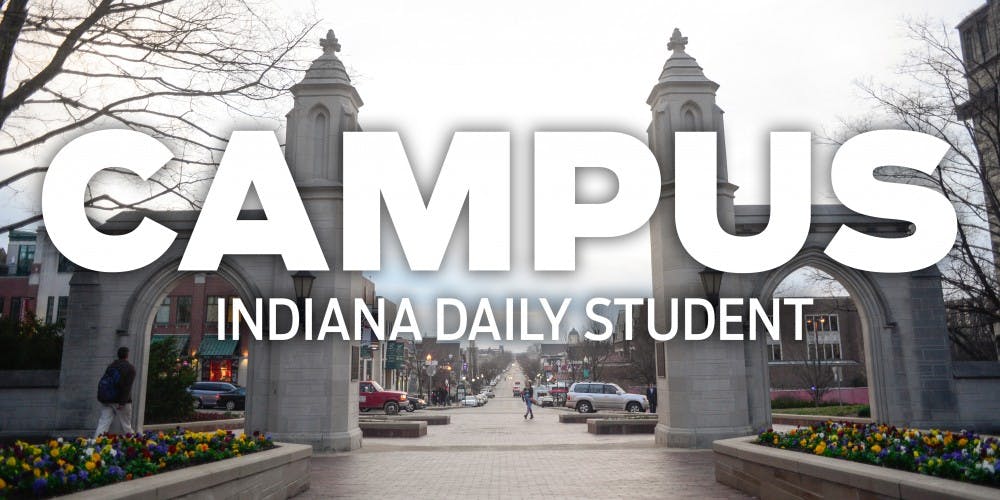During the Syrian civil war, people have been forced to flee their homeland to seek refuge. This situation, known as the Syrian refugee crisis, has been documented by the media, but the process by which this documentation occurs is seldom discussed.
Panelists at the Spotlight on the Refugee Crisis — Roundtable Discussion on Friday addressed how to create media about refugees in times of distress. The panel was part of the third annual In Light Human Rights Documentary Film Festival, which showcased documentaries that focus on human rights from an ethnographic perspective.
Matthias Kossmehl, the director of one of the documentaries, Café Waldluft, shown at the festival, which is about a hotel in Germany that is home to refugees from around the world, said one of the reasons he created the film was to demonstrate the realities of the crisis to the world, specifically in the case of the Holocaust.
“Germany has made so many mistakes,” he said. “They have learned, but the rest of the world should have learned as well. Society forgets really fast what happened.”
Panelist Jülide Etem, an IU graduate student studying the documentation of the refugee crisis, said through analyzing media about these crises, she worries the refugees are not being represented accurately. Etem said although documentaries about people in times of crises are often thought to raise the population’s awareness of the current human condition, if they’re not done well, they could perpetuate stereotypical representations about those who are suffering.
“There’s this transformation of the war on terror into a war on race when these refugees are represented in media by those who are not Syrian refugees,” she said.
Etem said there can also be discrepancy between written documentation and produced media of the Syrian refugees. In many of the videos of refugee children fleeing Syria, they are shown holding stuffed animals or blankets. However, in the written documents, there are stories of young teenagers who are forced into marriage to avoid rape.
Panelist Suncem Kocer earned her Ph.D. from IU in 2012 and is currently a host of Medya Atlası, a weekly media analysis program in Istanbul. Kocer said she is interested in the process media creators use when documenting refugees.
Because documentary filmmakers are typically independent workers, the stories they tell tend to be more emotional with a social and political agenda, Kocer said.
However, this non-objectivity can lead to a more accurate representation of the refugee crisis because it counters the dominant narrative news outlets tend to tell, she said.
Alexandra Cotofana, a graduate student who started the festival in 2015, asked the panelists and filmmakers how a filmmaker or photographer determines when she or he should put the camera down to help a person who is suffering. The panelists agreed this issue has not been resolved because morality can be blurry in either decision.
Kossmehl said it can be emotionally difficult for filmmakers to decide whether to put the camera down.
He said there are moments during filming when filmmakers have to decide whether the footage they are capturing could be influential enough to make a difference in the world or if simply setting the camera down and helping the person is influential enough.
“You have two responsibilities that you can claim as a photojournalist,” Cotofana said. “You can either claim that you never drop the camera because your responsibility is to show, or you can claim that you drop the camera because this child was dying and there’s nothing more important than saving a human life.”
A previous version of this story incorrectly identified Jülide Etem. The IDS regrets this error.






